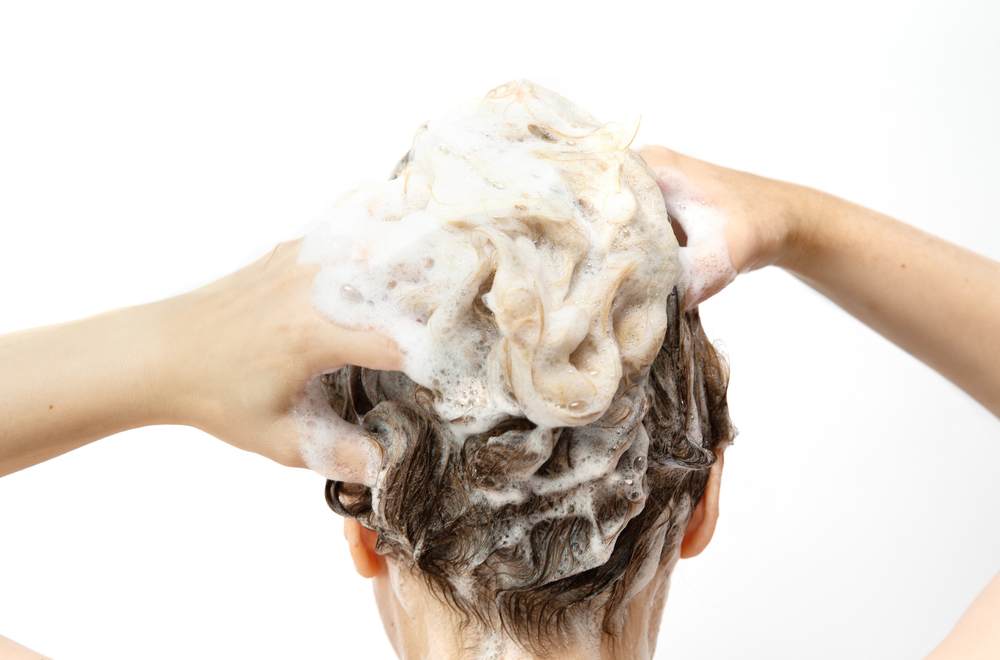Many shampoo and conditioner brands promise results like straighter hair, less frizz, tailored to protect color, boost volume, less dandruff and more. But what happens if your shampoo is actually causing damage to your hair, scalp and health?
A class-action lawsuit was filed in June against beauty and personal care giant Johnson and Johnson. It claims that some of its products have allegedly caused hair loss and scalp irritation. In this class-action lawsuit, plaintiffs purchased products that “would smooth, nourish, soften, repair and/or revive {their} hair,” the lawsuit documented. Unknown to the plaintiffs, the products contain an ingredient or series of ingredients that cause hair loss and/or irritation of the scalp.
Another class-action lawsuit was filed in November against Unilever, the owner of TRESemmé products. This class-action suit alleges that some TRESemmé products cause hair loss and scalp irritation, despite using the product as per the instructions on the package. The "plaintiff purchased the Products because of Unilever’s uniform false representation that the Products would smooth her hair and coat it with Keratin, a protein found naturally in hair," the lawsuit claims. "The Products contain an ingredient or combination of ingredients that causes significant hair loss and/or scalp irritation upon proper application."
Related: What is TRESemmé?
Like the Johnson & Johnson class-action, specific TRESemmé and Unilever shampoo products contain DMDM hydantoin - a preservative used in personal care products and cosmetics. It is added to these items to prevent them from spoiling. It also is an antimicrobial agent - which means it helps prevent and slow the growth of harmful bacteria, yeast and fungi. Fungi, yeast and bacteria can cause rashes or illness. DMDM hydantoin releases low levels of formaldehyde through the shelflife of cosmetics and personal care products to prevent spoilage.
In March, the FDA issued an update to their notice regarding hair smoothing products and formaldehyde. Their statement highlights exposure to formaldehyde can cause both short and long-term health effects. As formaldehyde is a known human carcinogen and causes harmful reactions when absorbed by the skin, the class-action lawsuit proposes that this is “an entirely unnecessary risk because various safer natural alternatives exist.” Furthermore, this lawsuit alleges that the defendant failed to properly warn consumers of the dangers and risks to their products, which contain DMDM hydantoin, on their scalp and hair.
In 2012, Johnson & Johnson pledged to remove formaldehyde from its products by 2015. Johnson & Johnson met that pledge. However, in 2016, the personal care giant purchased the manufacturer of OGX formulated products. Instead of removing DMDM hydantoin, it continued to manufacture OGX shampoo with this formaldehyde donor ingredient.
According to Johnson & Johnson, they carefully select their ingredients and include a list on the product’s label. Johnson & Johnson shared this statement with TODAY, “At OGX, we are constantly evolving our formulas to improve hair care results and haven’t launched any new products with DMDM hydantoin in the last several years. Some of our existing products contain a small amount of DMDM hydantoin, a preservative used to prevent mold from developing while the product is in the shower.”
If you are concerned about DMDM hydantoin in personal care and cosmetic products, read the product label itself. Just like reading the labels of food in a grocery store, read your labels carefully. While companies may not be adding formaldehyde directly to the product, ingredients that release formaldehyde over the product’s shelf life may be added.
Reading the product label is a great way to ensure that you are an educated consumer. Knowing what is in personal care items, including cosmetics and shampoo, is important to protecting your and your loved ones’ health.
Related: Consumer advocates claim victory in fight over Johnson & Johnson baby powder














